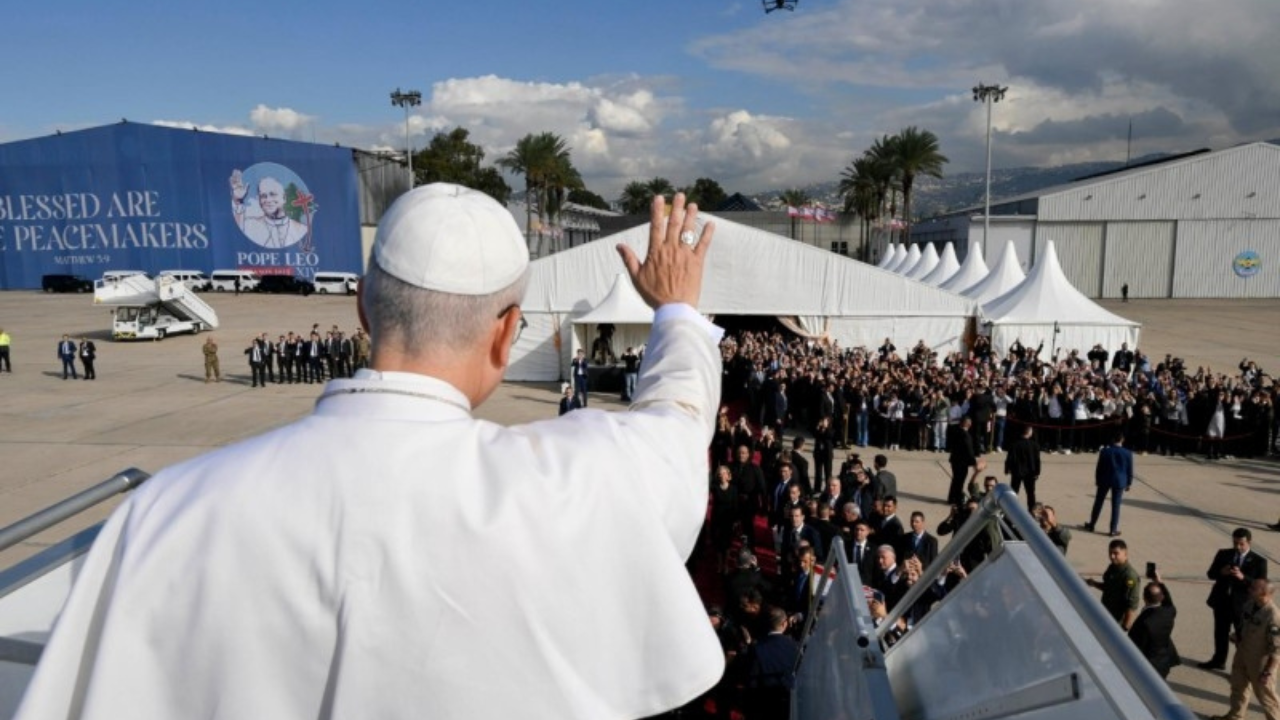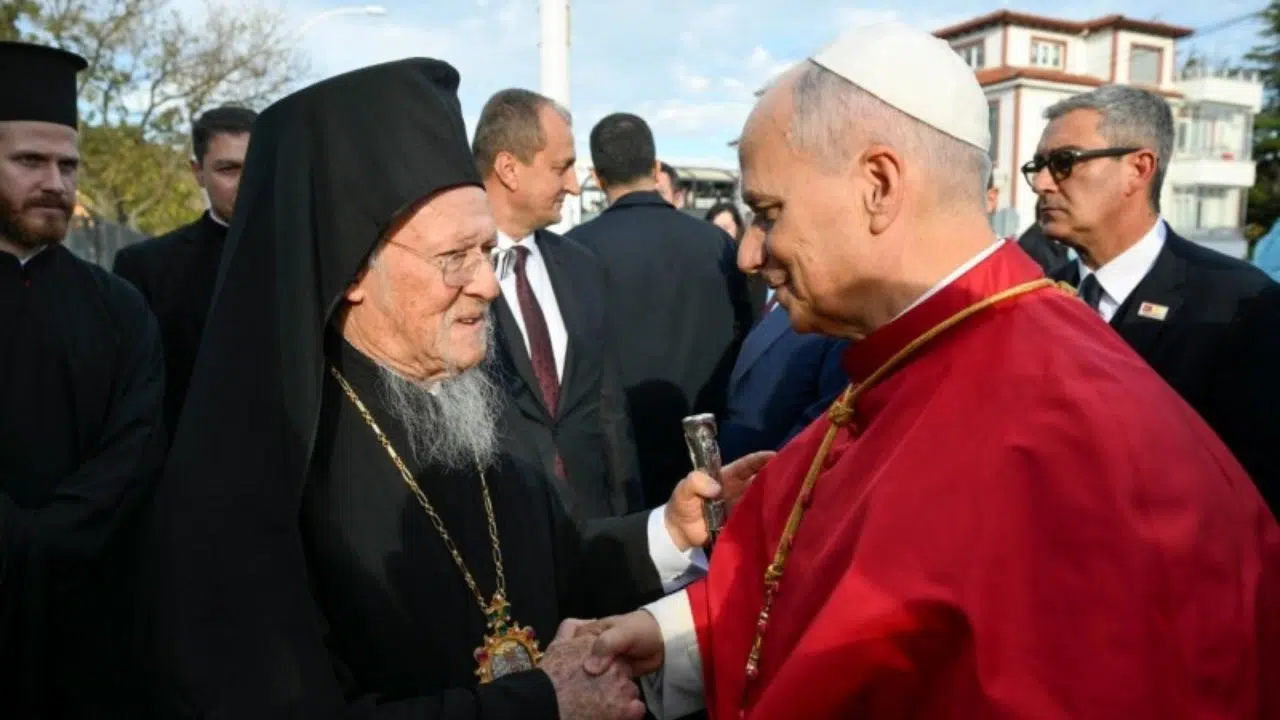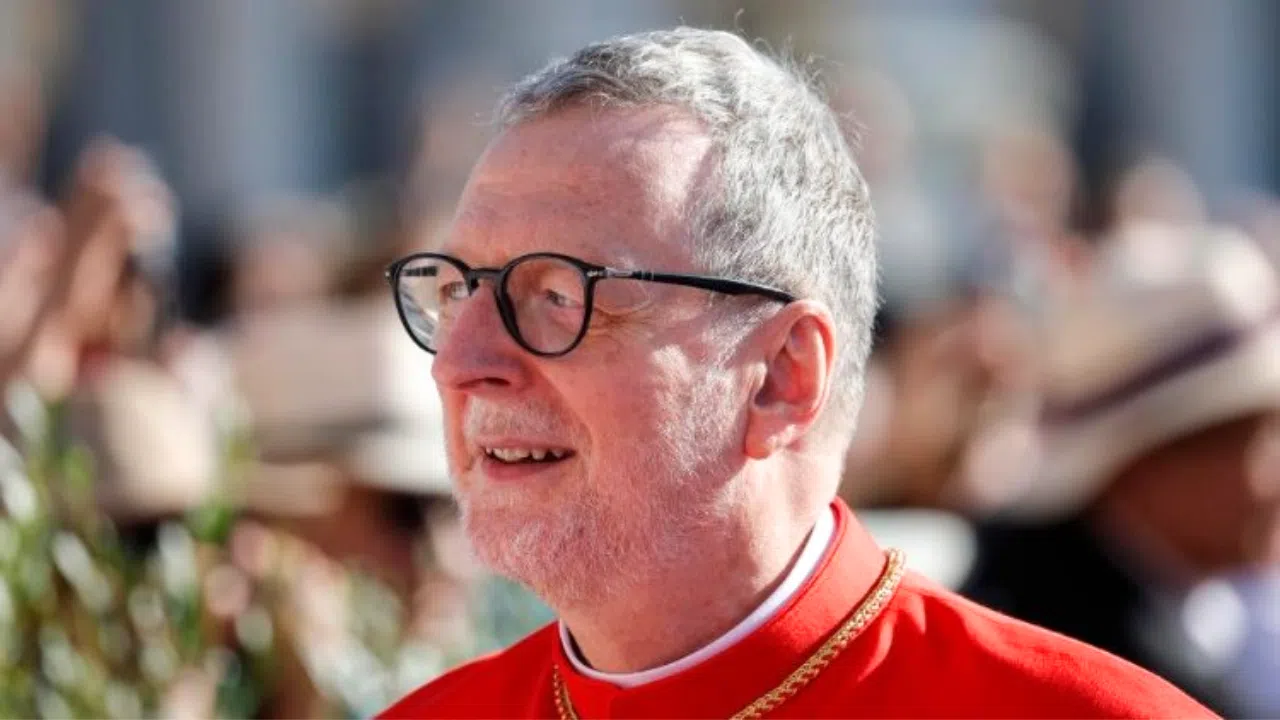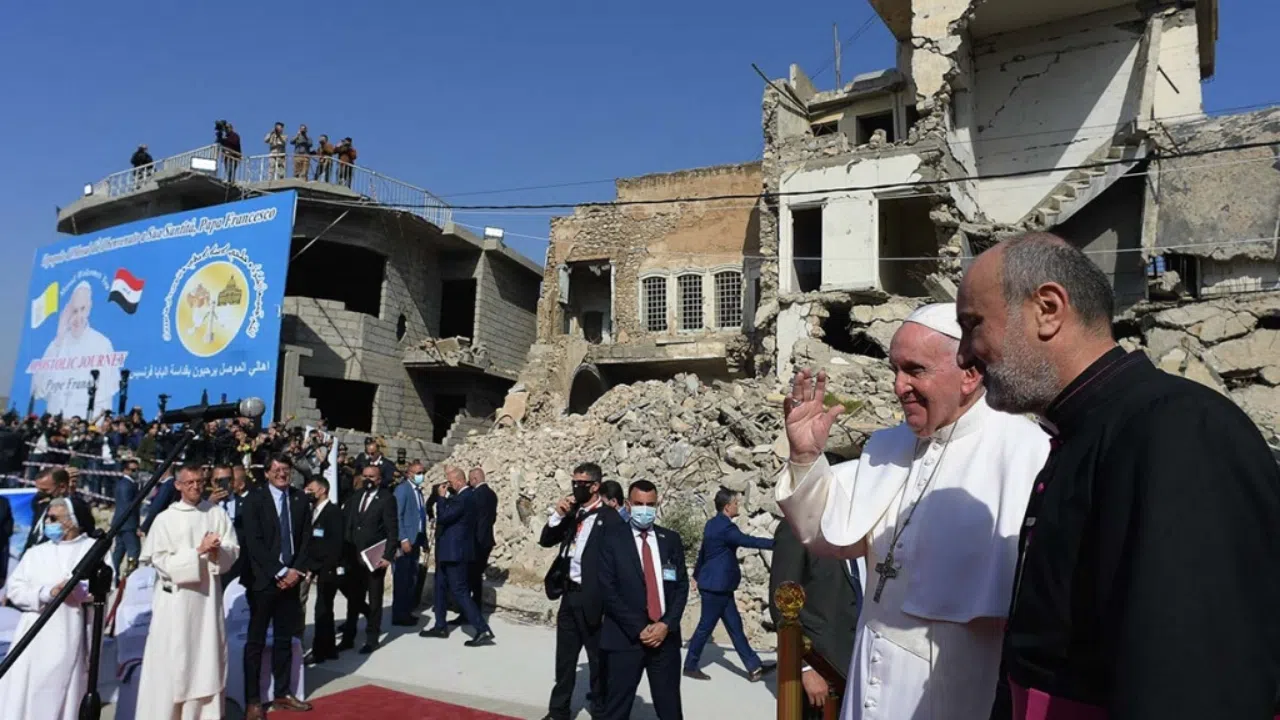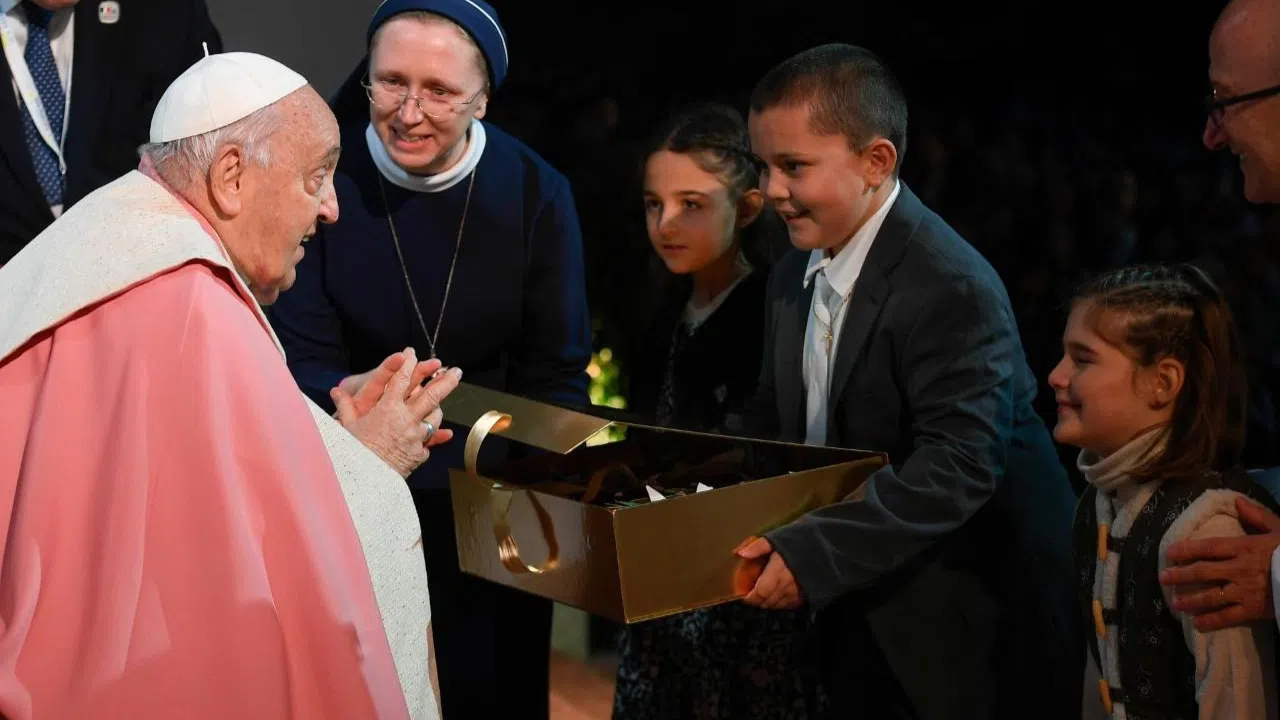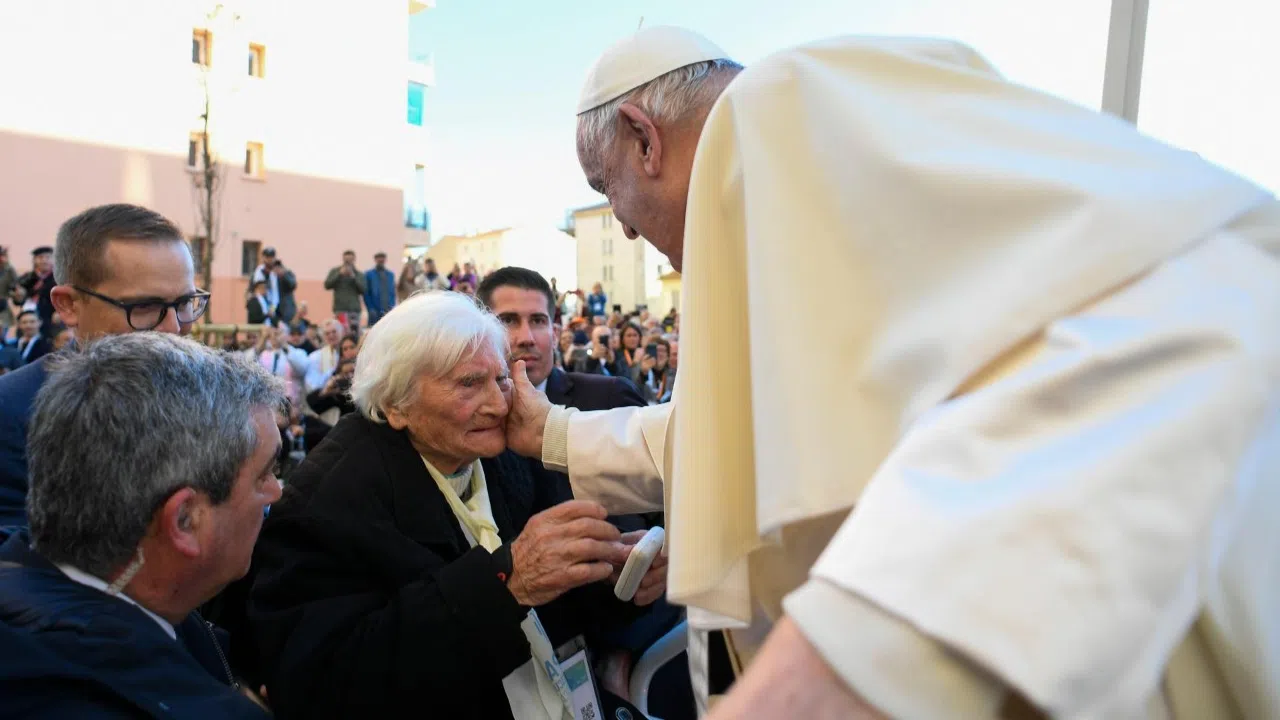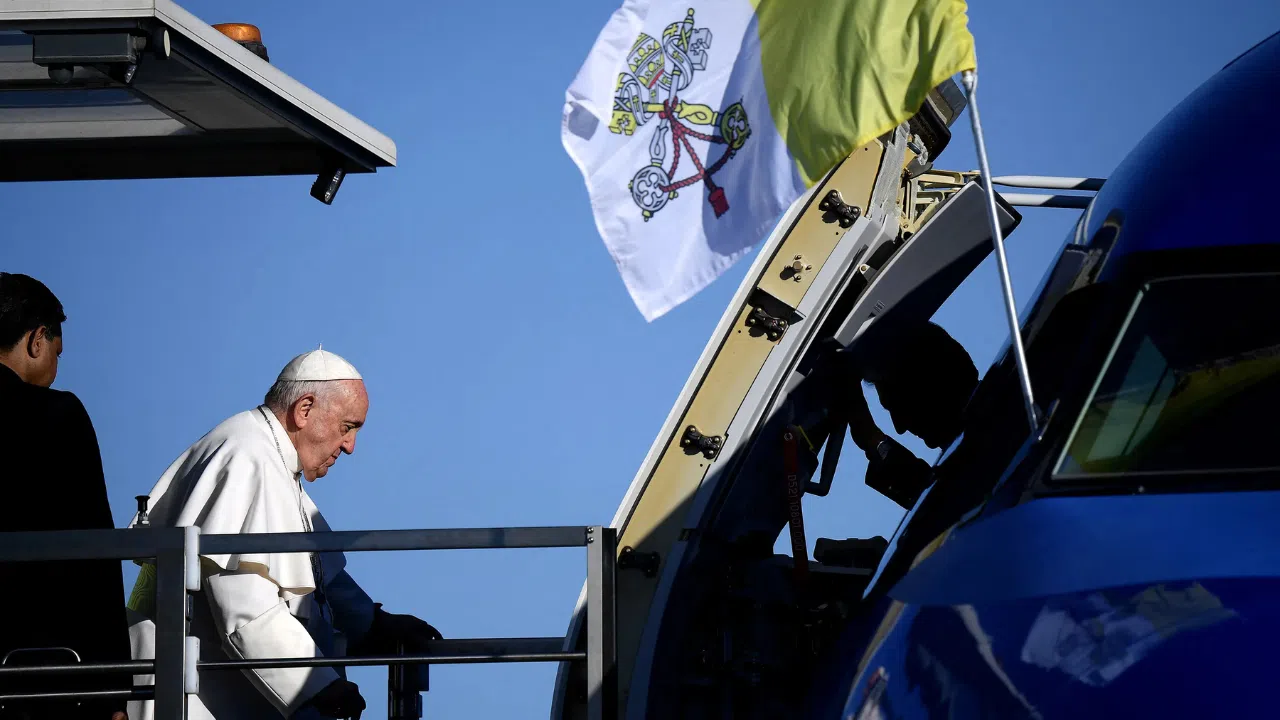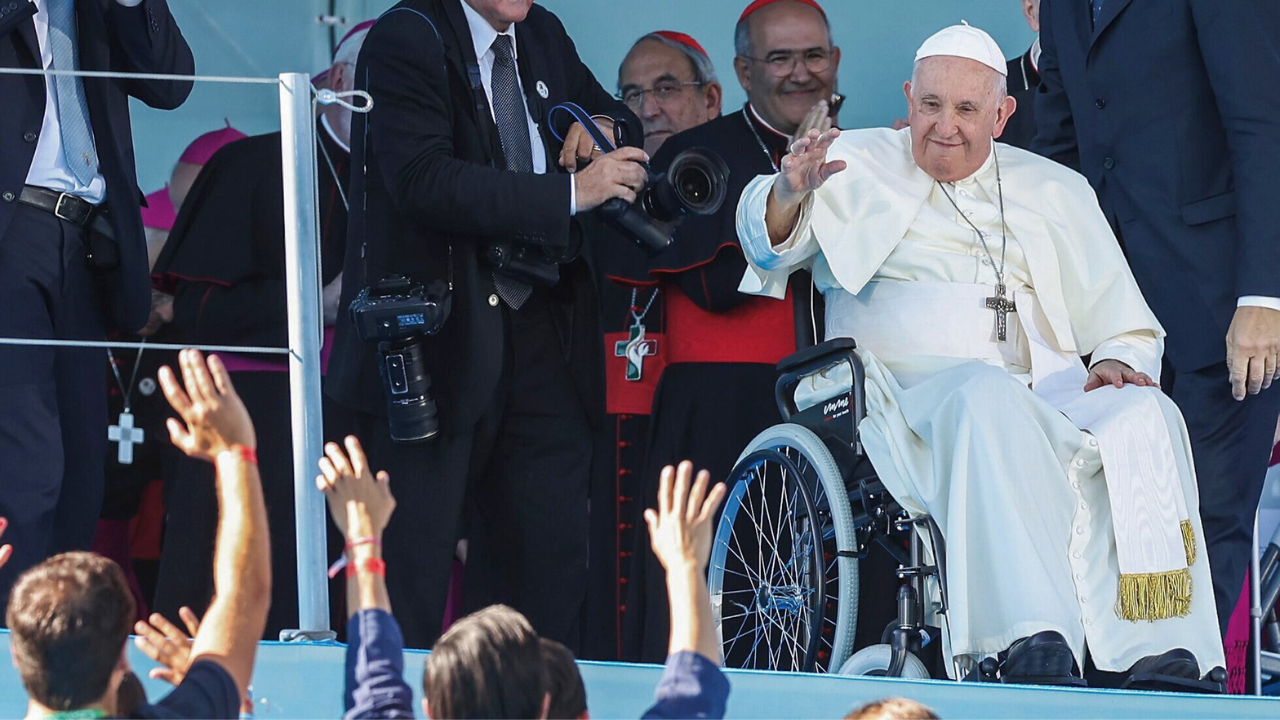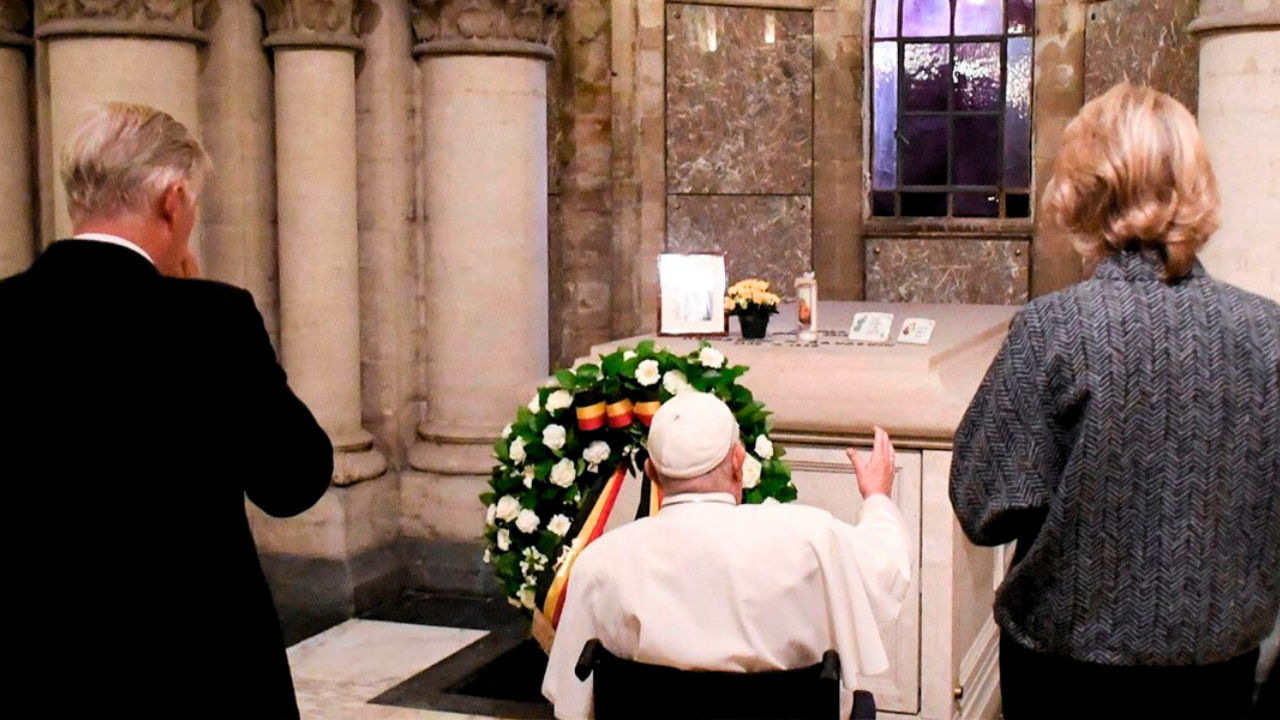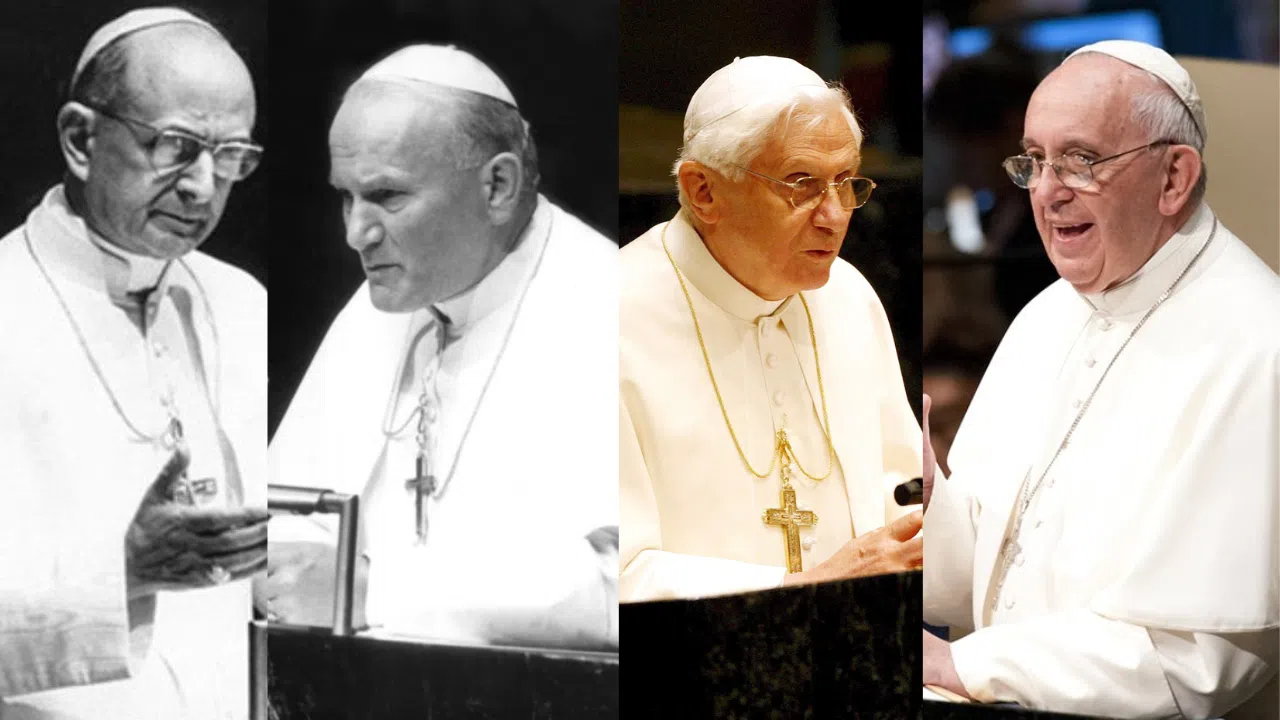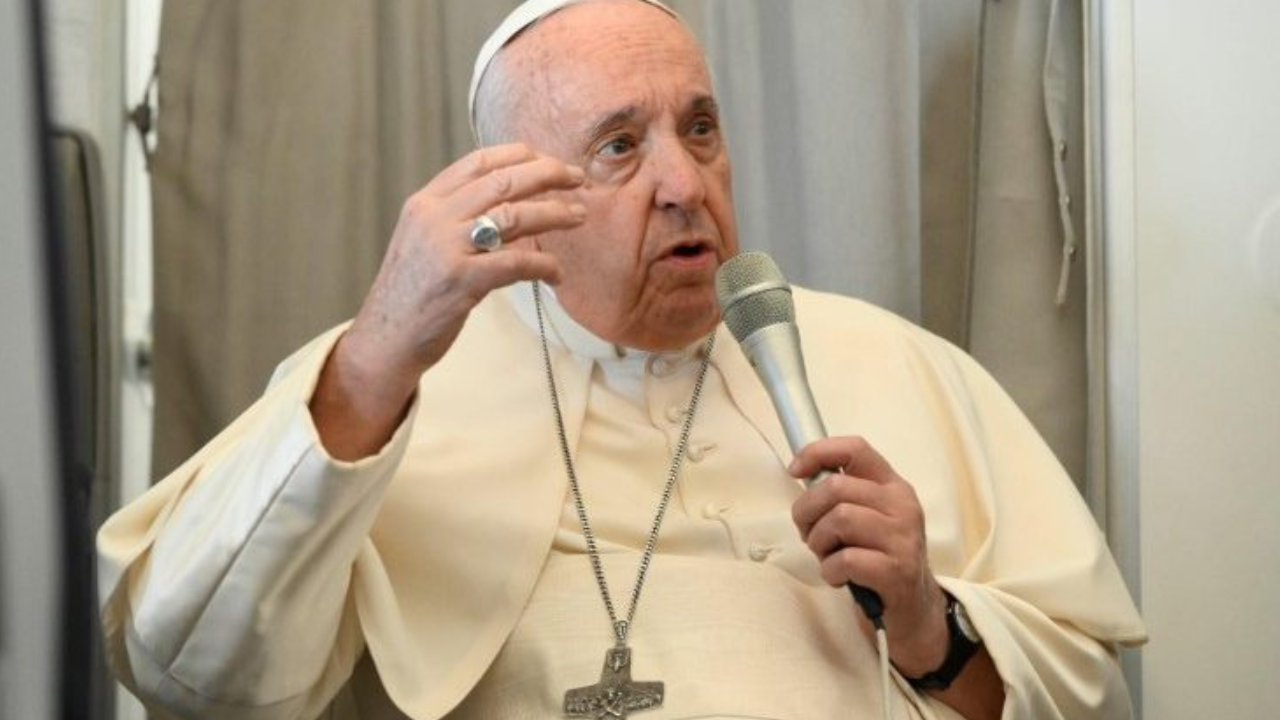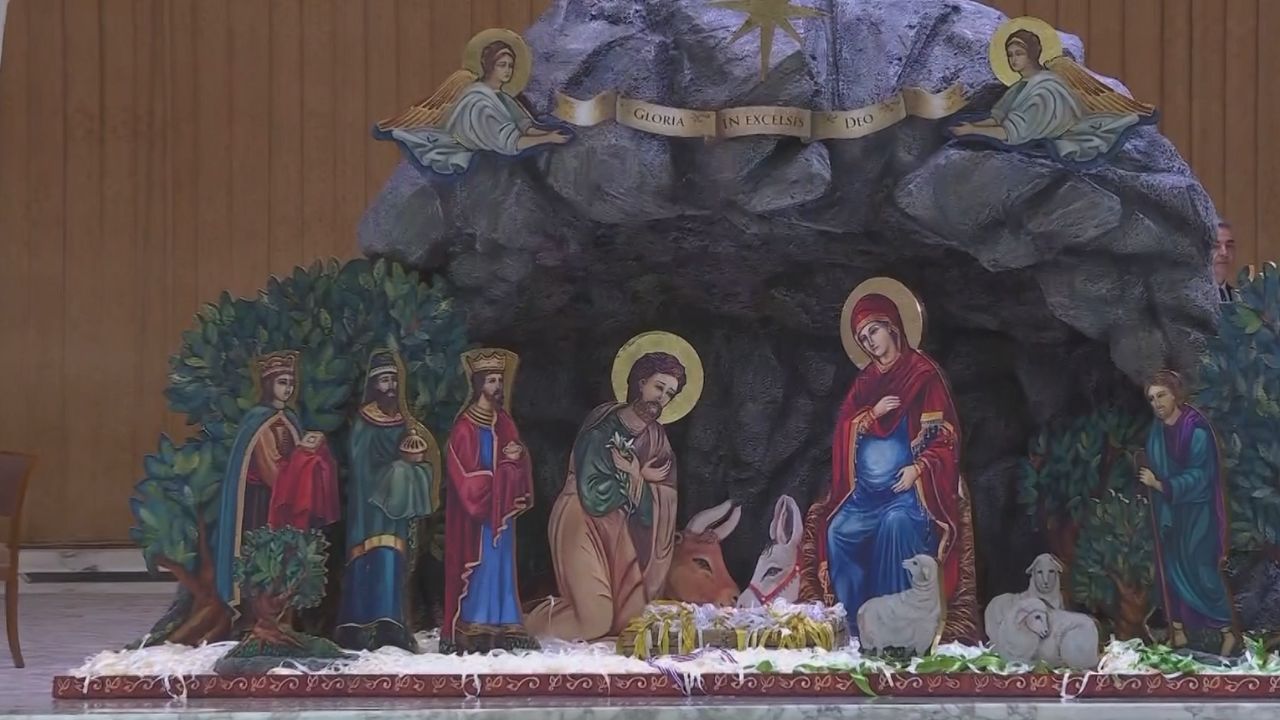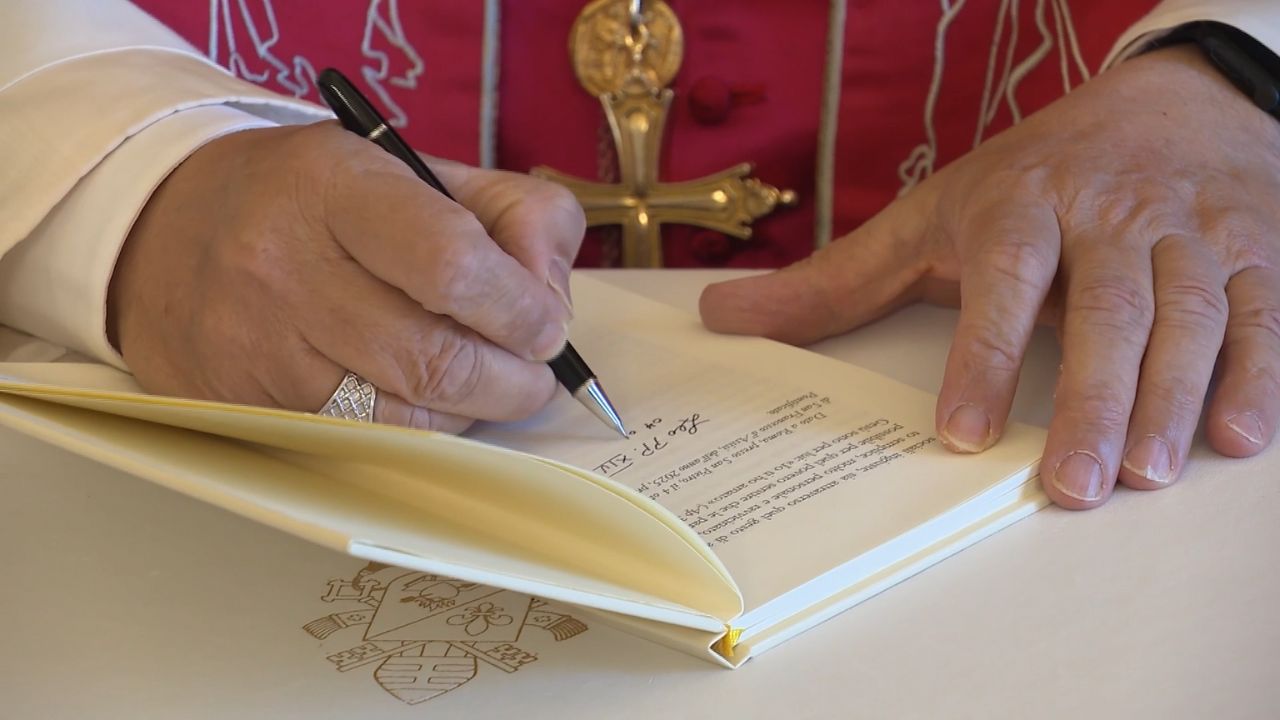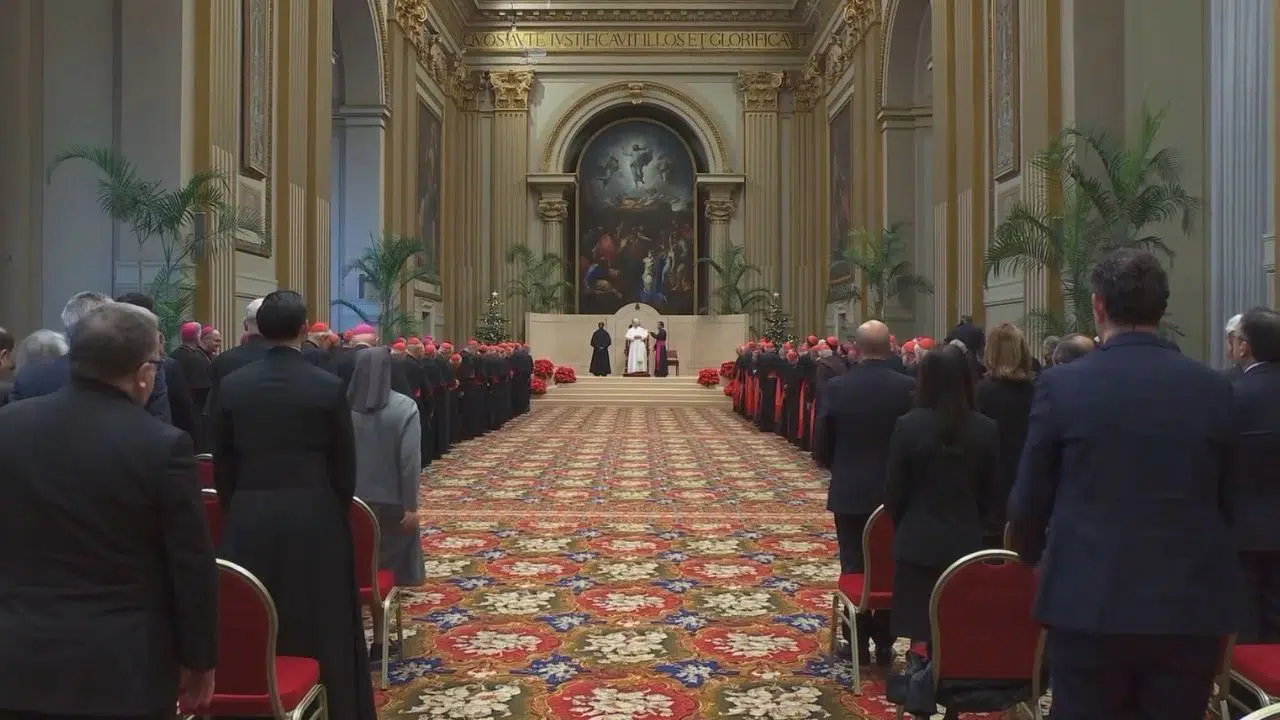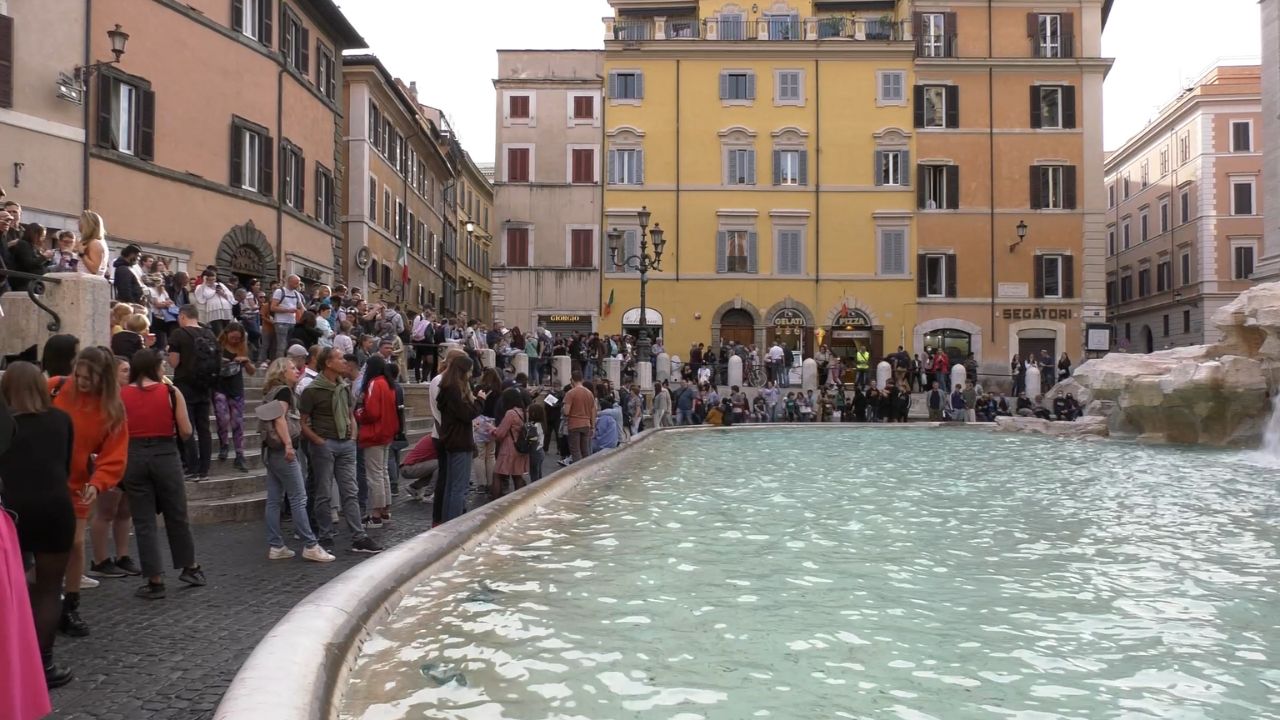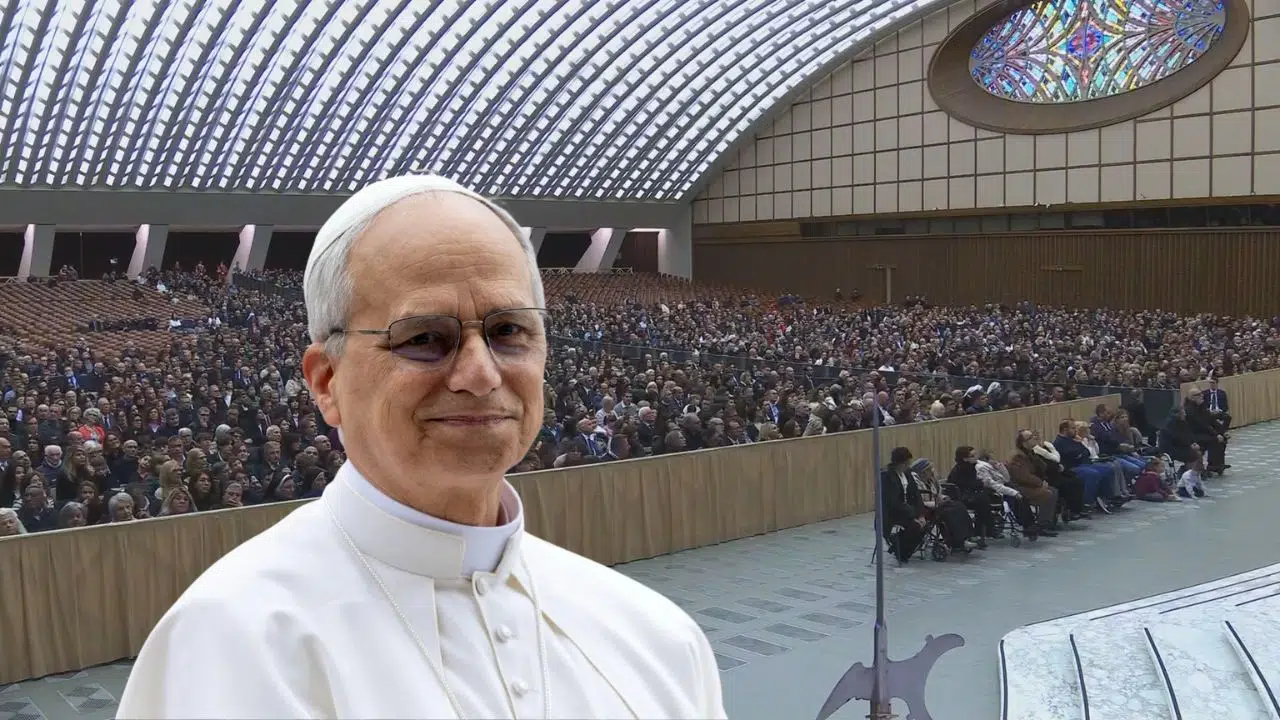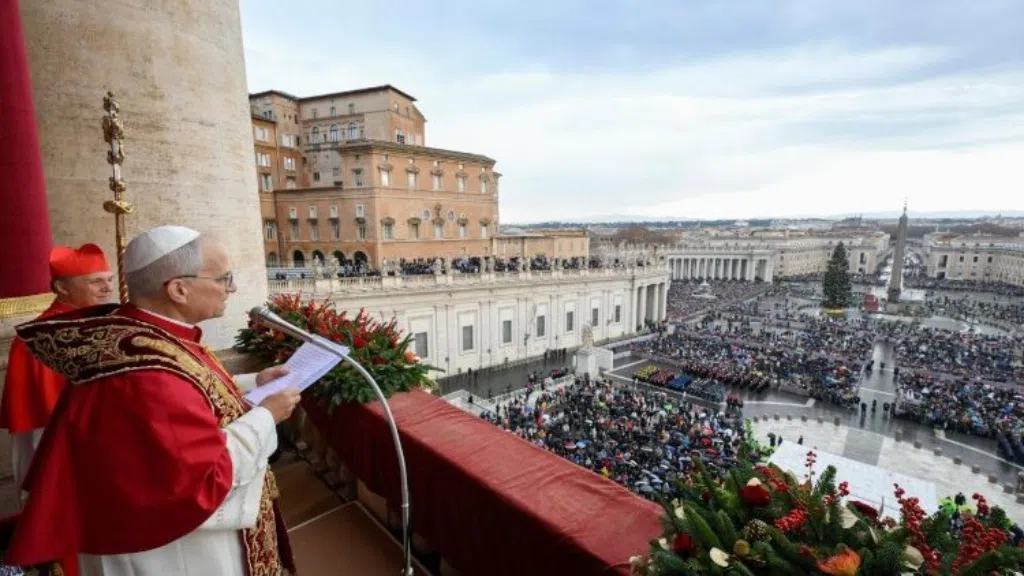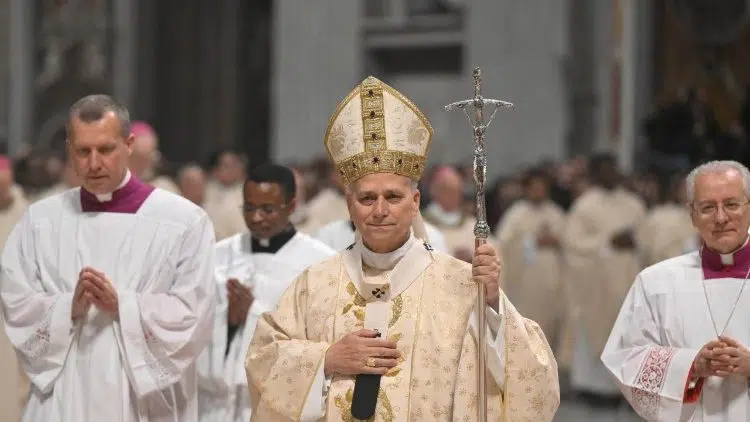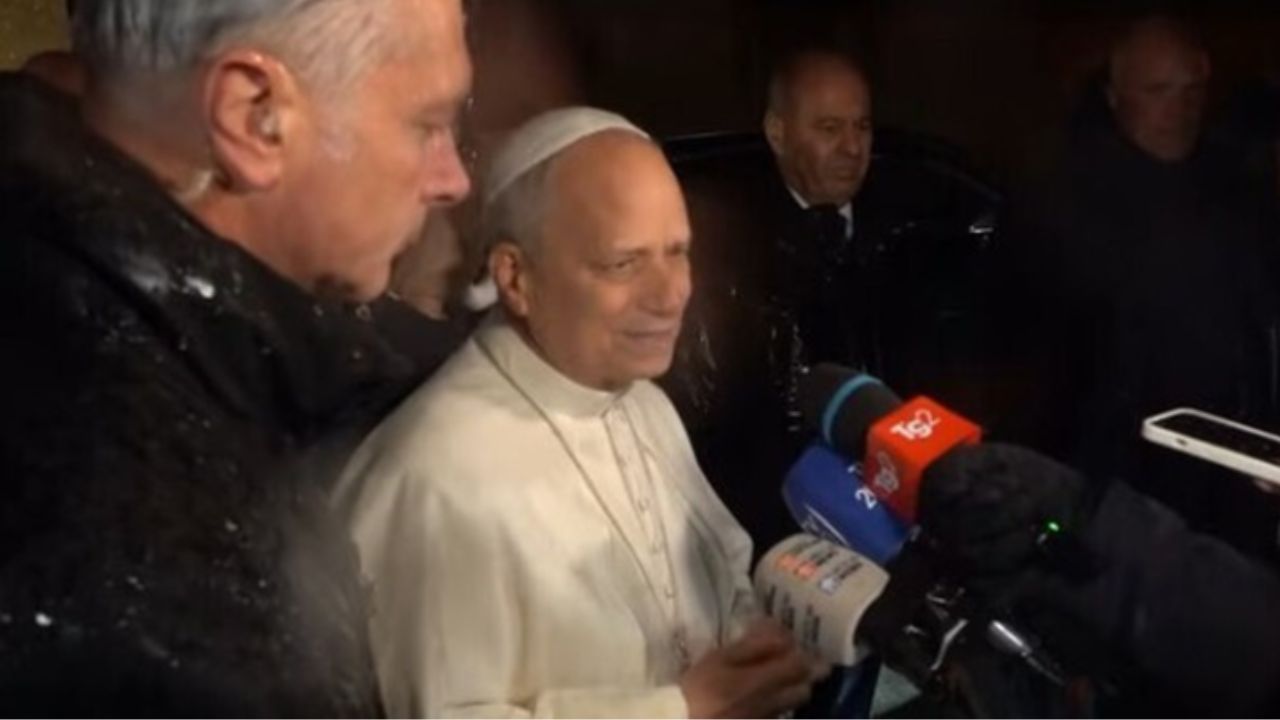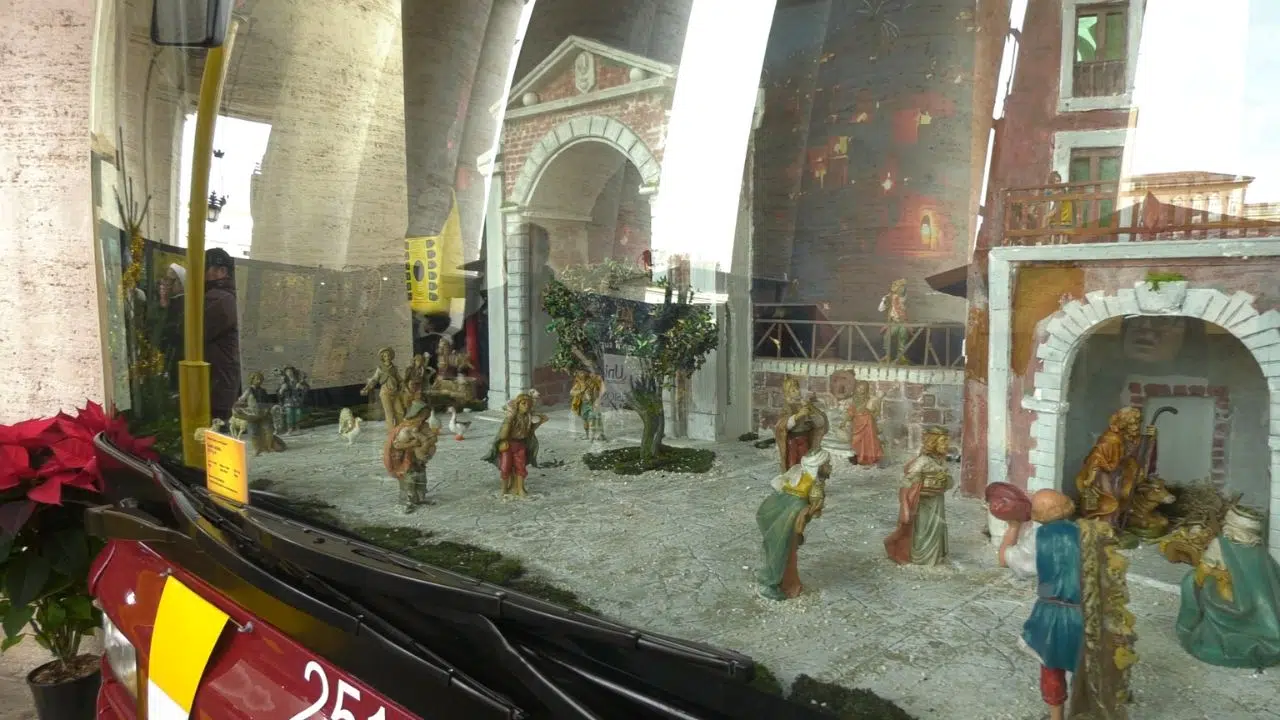The third and fourth meetings of the Synod have raised other social, political and religious issues that weigh on young people.
The Archbishop of Sydney, for example, explained the challenge for the Church to regain its credibility after the abuses and cover-ups.
MONS. ANTHONY COLIN FISHER
Archbishop of Sydney (Australia)
“We are so ashamed of what happened in that terrible chapter in our history. Not just what the Church people did these terrible, harmful things to young people; but Church leaders often responded so poorly.”
Manuel Ochogavía, from Panama, gave examples of the cultural and even racial limitations that also affect members of the Church.
MSGR. MANUEL OCHOGAVÍA
Bishop of Colón-Kuna Yala (Panama)
“For example, in my diocese, it is a majority 'Afro-descendant' diocese. In Latin America being young, female and black makes it even more difficult for decision-making.”
In countries like Madagascar, the Church fails to attract young people who are disenchanted by the political and social crisis.
TAHIRY MALALA MARION
President, Catholic Students (Madagascar)
“We are currently facing lack of motivation and young people are looking for it in sects, especially in Madagascar where there are many and very varied sects. Therefore, from my point of view, I recognize that we have problems with the liturgy, with the homilies. It is necessary to change all that so people feel more attracted and young people are involved, accept responsibilities and are leaders in the Church and pastoral life.”
The question of premarital relationships was addressed, which showed how difficult it is to explain morality without young people feeling judged. One of the Synod Fathers recalled that sometimes young people leave the Church because they don't feel heard.
